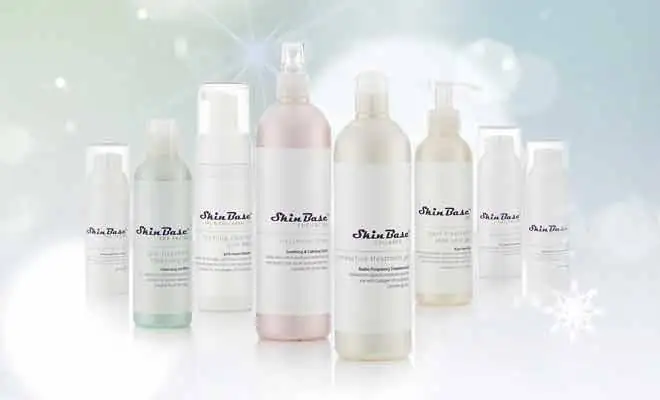Do you notice a change in your skin when you eat junk food?
Acne sufferers have long suspected that junk food and pimples were connected, but science has lagged behind in proving it. In February 2013, a study published in the Journal of the Academy of Nutrition and Dietetics found that diets high in carbohydrates and processed sugars were associated with acne.
Why do you get acne and pimples?
You get pimples when the pores in your skin are blocked. Your pores become blocked when small glands (sebaceous or oil glands) inside the pore become inflamed. This inflammation occurs when the sebaceous glands produce excess oil, are irritated by extra dead skin cells, or the pore is plugged, boosting bacteria.
Researchers looked at published research conducted over the past 40 years on diet and acne. Their analysis showed some evidence that a diet with a high glycemic load could be linked to acne breakouts, and that following a low-glycemic diet may help curb them. Sugars and carbs spike levels of the hormone insulin, which could produce inflammation in the body.
Other studies have also found some evidence that diets heavy in dairy foods may be linked with increased acne, again, because dairy foods can trigger the release of certain hormones associated with inflammation.
If you suffer from skin that’s prone to breakouts, that’s too dry, or that has too much redness, your diet may be to blame. Try cutting back on:
- Carbohydrates
- Simple sugars
- Junk food
- Dairy
Try to consume more colourful fruits and vegetables, as they are the foods that contain the potent antioxidants and other ingredients that will help tone down inflammation, nourish cells, encourage turnover, and provide more moisturisation from the inside out.
Soothe skin
Even if your skin is having a good (clear) day, you’ll often still be able to see some redness. Acne is essentially inflammation, so help your skin out by treating it to some soothing products that contain calming botanicals such as chamomile, liquorice or aloe vera extract.
Keep skin clean
Another way to minimise the chances of getting acne is to ensure your pores never (or very rarely!) get blocked. Exfoliation is hugely important, even if you tend to have relatively clear skin. At home treatments are a must (you can even make your own scrubs), but to get truly clear skin you should invest in a course of higher intensity exfoliation such as microdermabrasion. There’s more than one reason that celebrities cite microderm as a favoured treatment, and glowing, acne-free skin is certainly one of them.
Microdermabrasion gently jets a fine layer of tiny crystals across your skin, unblocking pores and encouraging collagen and elastin to form.
You can download a full eBook entirely on the causes of acne and what you can do to treat it, here.
Good luck!
SkinBase x
image:istock.com/Obencem

